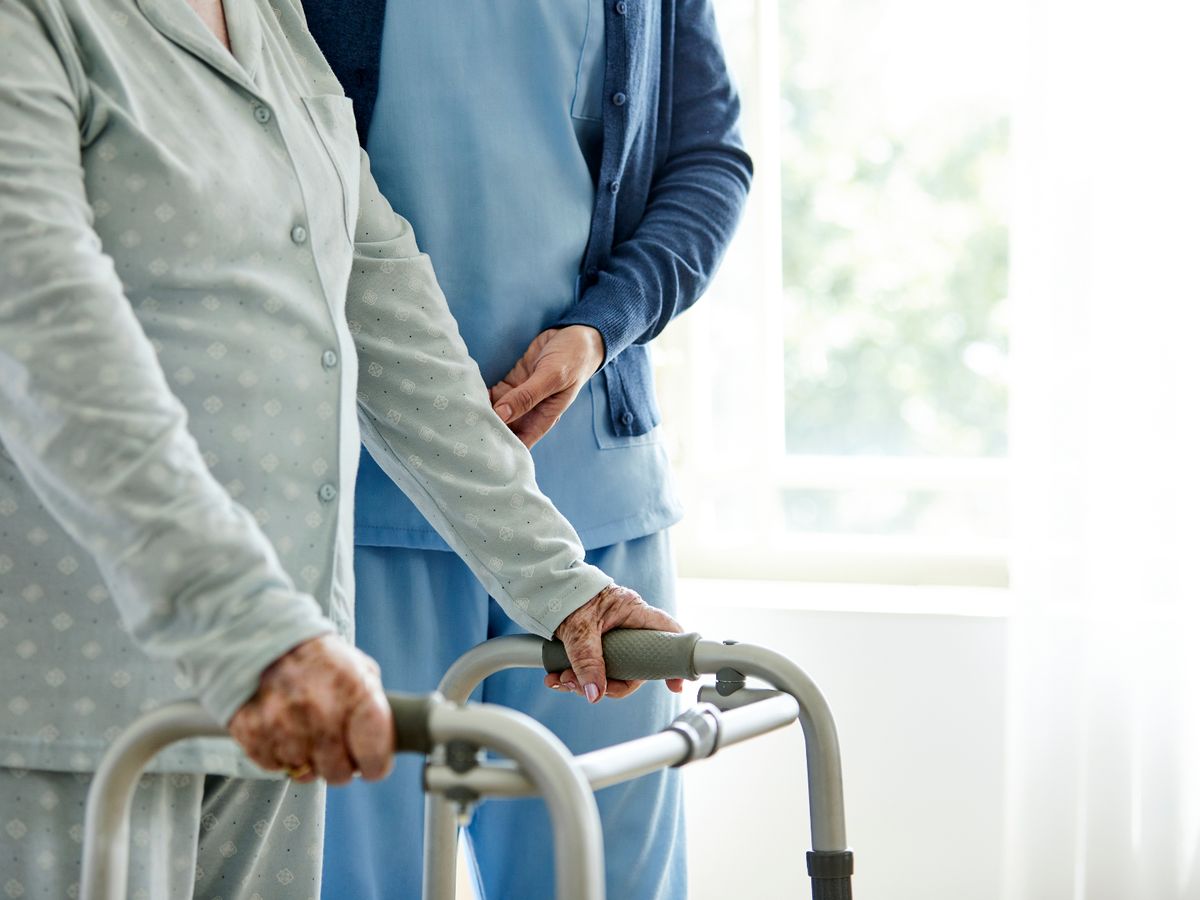
Mobility limitations are main reasons why elder adults seek care from members of the family or healthcare professionals. There could be a number of reasons behind this inability to move around, but some of the most common ones are underlined in this article.
Arthritis
Studies have shown that arthritis affects a majority of the adult population of 60 and above, in some form or the other. This degenerative disease attacks the joints, causing pain and stiffness, thereby reducing mobility. To improve the quality of life for seniors with arthritis it is important to stay active as much as possible, keep a check on the weight and use the right medication to reduce the inflammation of the joints. Mobility scooters come in handy here as arthritis can be extremely difficult to manage with acute pains and limited mobility.
Osteoporosis
This bone disease reduces bone density, which in turn makes the bones of the elderly susceptible to breaks and fractures. Most older adults with osteoporosis tend to make matters worse for themselves by avoiding activity, fearing a fall or accident.This in turn leads to further weakening of the muscles that support the bones and joints due to the heightened inactivity.
Ear-related imbalance
Mobility issues have been seen in many older adults due to issues with balance related to the inner ear. The most common balance disorders that affect the body parts that help maintain equilibrium are caused by peripheral vestibular dysfunctions as in Meniere’s disease. In such cases balance can only be restored after proper diagnosis and treatment.
Neuromuscular issues
Neuromuscular conditions affect the nerves that control voluntary muscles, especially those in the legs. The weakening of these muscles is normally associated with multiple sclerosis (MS) or muscular dystrophy (MD) and other neuromuscular conditions that contribute to imbalance and instability in a person. Regular physical activity and using devices that can assist with mobility are the possible solutions.
Cardiovascular conditions
Seniors living with heart ailments can have several issues with moving around.This is because of their inability to walk even short distances without feeling dizzy or breathless. Taking prescribed medication timely and avoiding alcohol and smoking should be encouraged by family members in such cases. To prevent vascular damage, food that is low in salt, fat and sugar should be consumed.
Obesity
Obesity is a concern for all age groups, but more for seniors as the excess weight puts pressure on the musculoskeletal system which in turn causes pain and stress thereby affecting mobility. Obesity can also contribute to other issues like osteoarthritis and diabetes, which can further reduce mobility. Overweight adults should be encouraged to increase their physical activity, and change their dietary habits by consuming more and more vegetables, fruits and fish.
Cognitive conditions
As a part of the aging process, adults may suffer from symptoms of dementia, like Alzheimer’s disease or Parkinson’s disease. This makes it harder for the individual to control their bodies, even for the basic everyday tasks. While the onset of such symptoms cannot be predicted, elders should consider adopting mitigating strategies to reduce the loss of mobility.
Leave a Reply